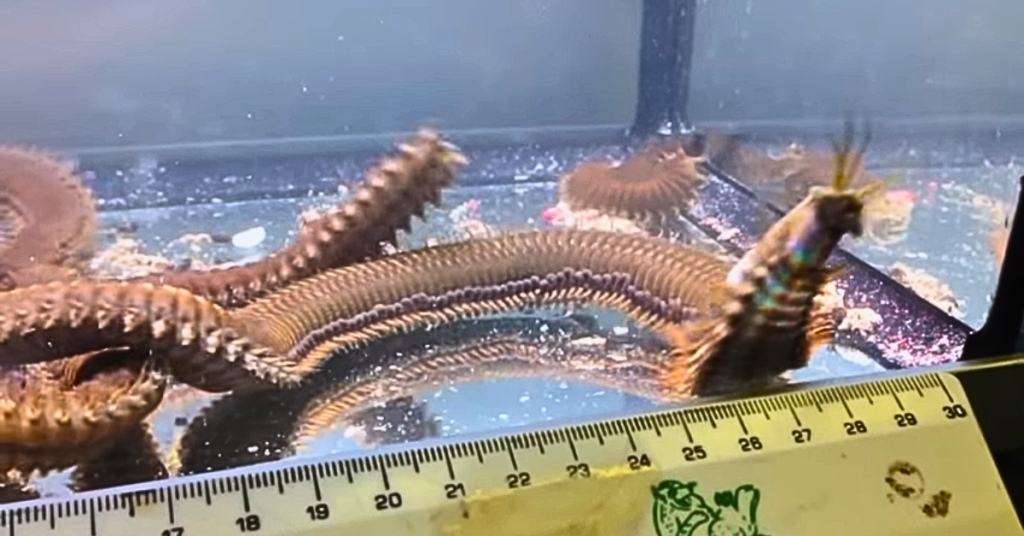
Most people would agree that aquariums look a lot better once they’ve been furnished. It won’t just make the place look nicer but also add stimulation for the marine animal inside. But many people don’t know that biological organisms like coral have their own ecosystem.
Unseen Organisms
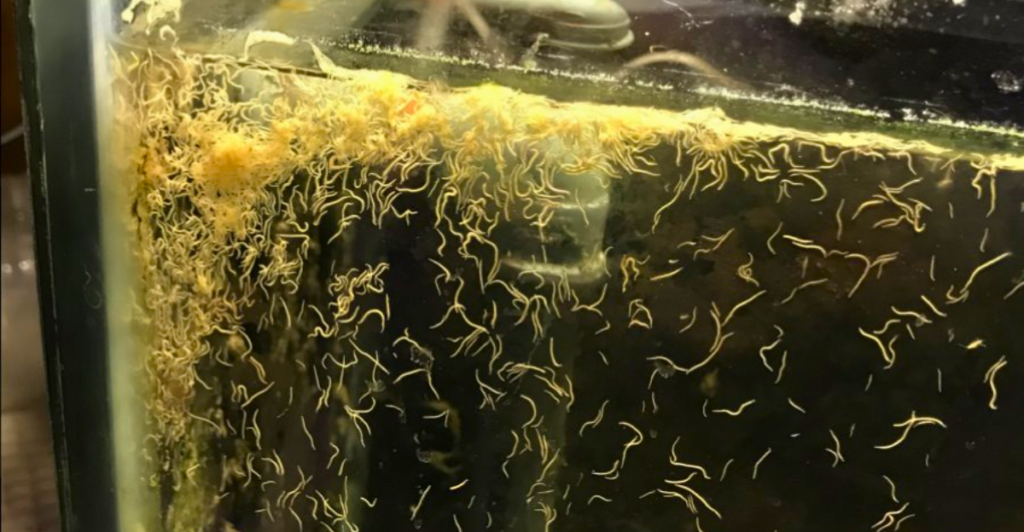
One animal may start out small and hitch a ride on the coral, remaining unnoticed. Once they’ve been smuggled inside of the tank, it could years for them to be noticed. This is exactly what happened to one man who had no idea what was growing inside of his tank.
Finally, Noticing The Invader
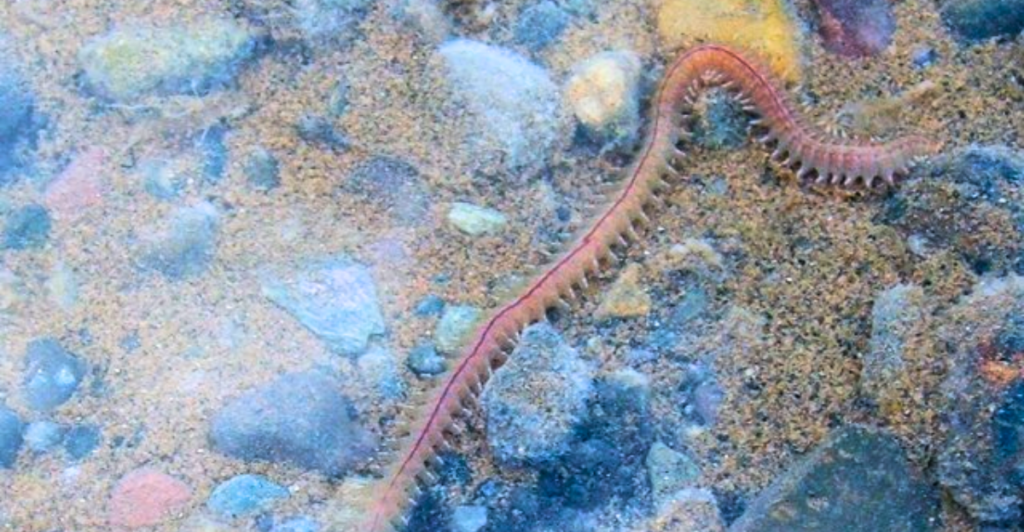
After 2 years, the man finally noticed that a bristle worm had snuck into his tank on some coral and had grown to a monstrous size. In the video he posted on YouTube, he didn’t seem to mind too much and even seemed fascinated by the find.
Bristle Worms
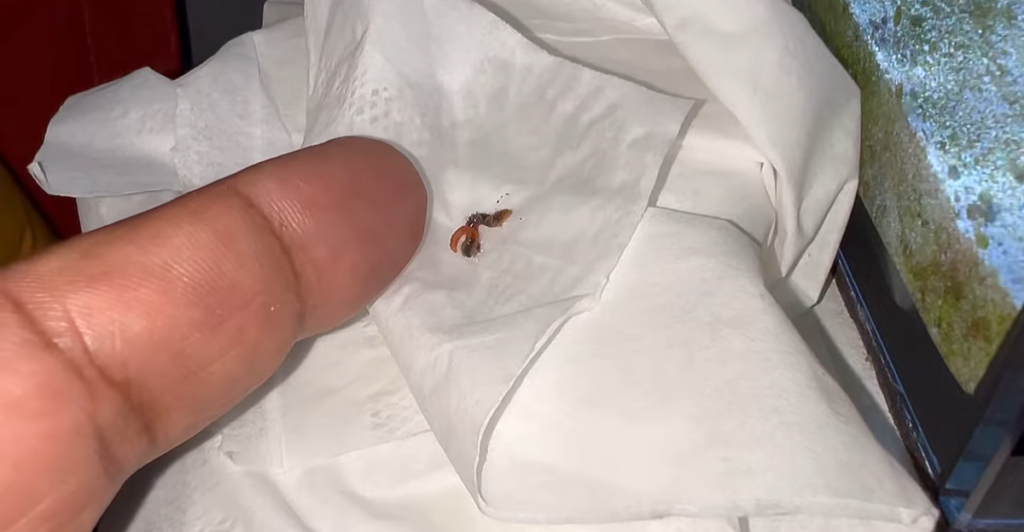
Bristleworms are segmented marine worms that have thrived in diverse aquatic environments, from shallow coastal waters to deep-sea trenches, adapting to various ecological environments, including, in this case, an aquarium.
Their Ancestors
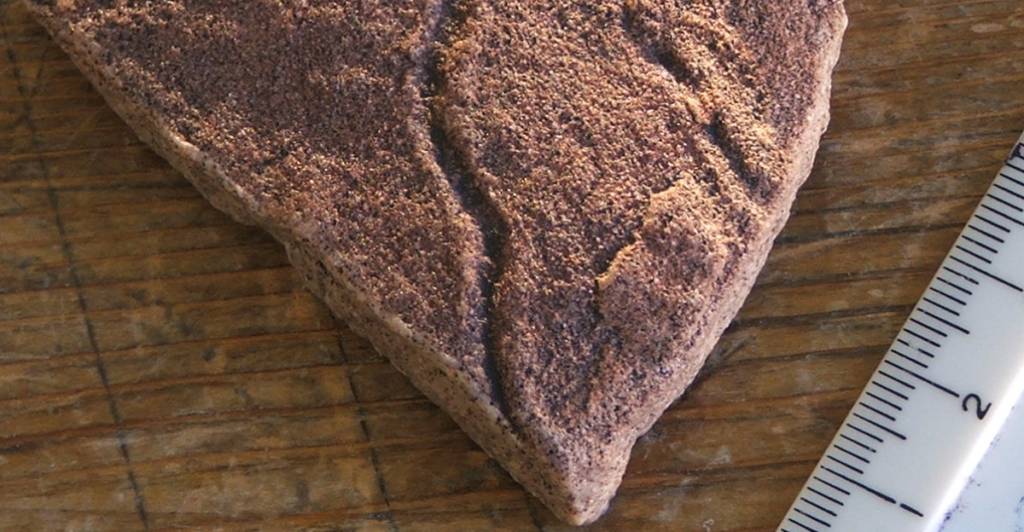
Early ancestors of bristleworms appeared in the fossil record as part of the Cambrian explosion, a time of rapid diversification of marine life. Fossilized bristleworm remains are found in marine sedimentary rocks, providing insights into their morphology and diet.
A Part Of Aquarium Culture
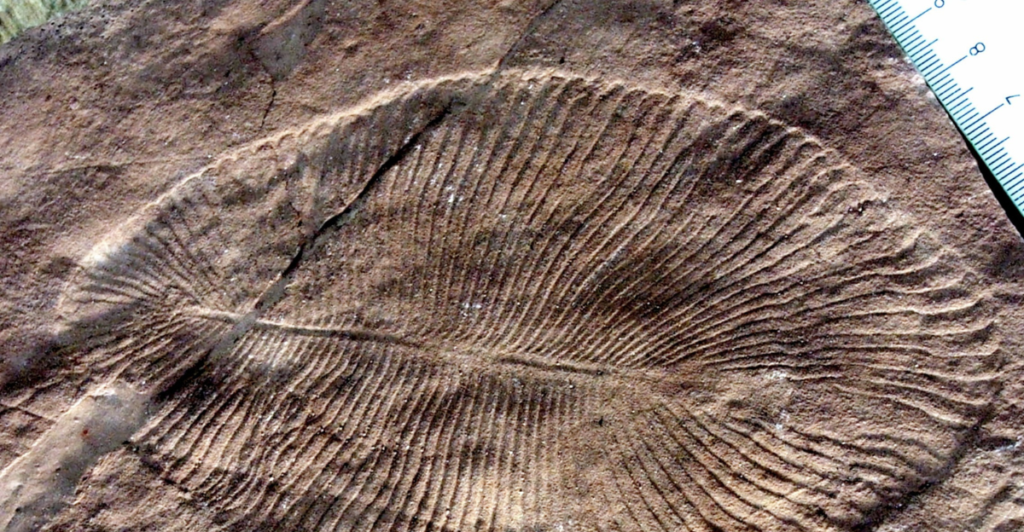
They were first scientifically described in detail in the 18th and 19th centuries during the rise of marine biology. In modern times, bristleworms have become notable in aquarium culture, where their role is both appreciated and debated.
Scavengers
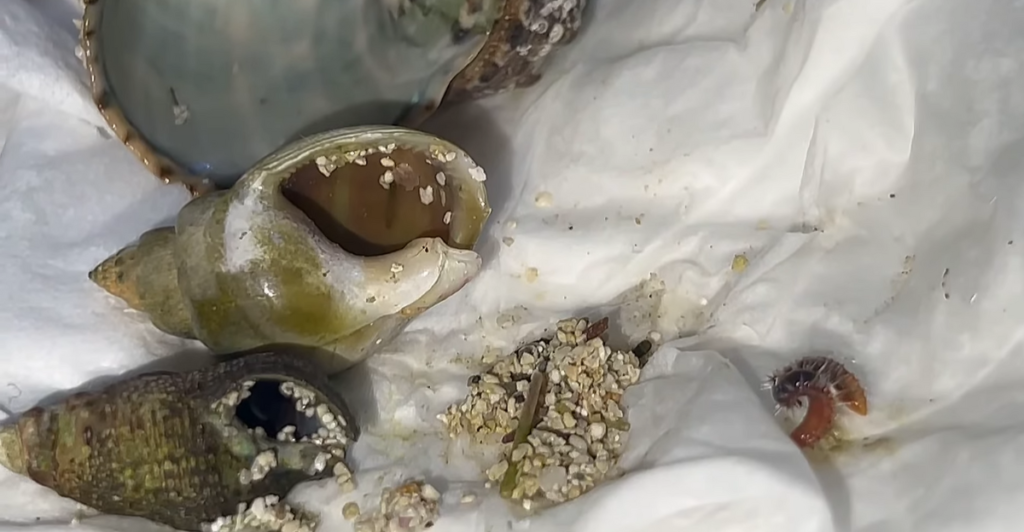
Bristle worms aren’t actually all that uncommon in saltwater aquariums. They can be quite beneficial as they feed on any scraps that they can find. They’ll eat detritus, decaying organic matter, and any food left uneaten. They are automatic cleaners for the aquarium.
Detriments
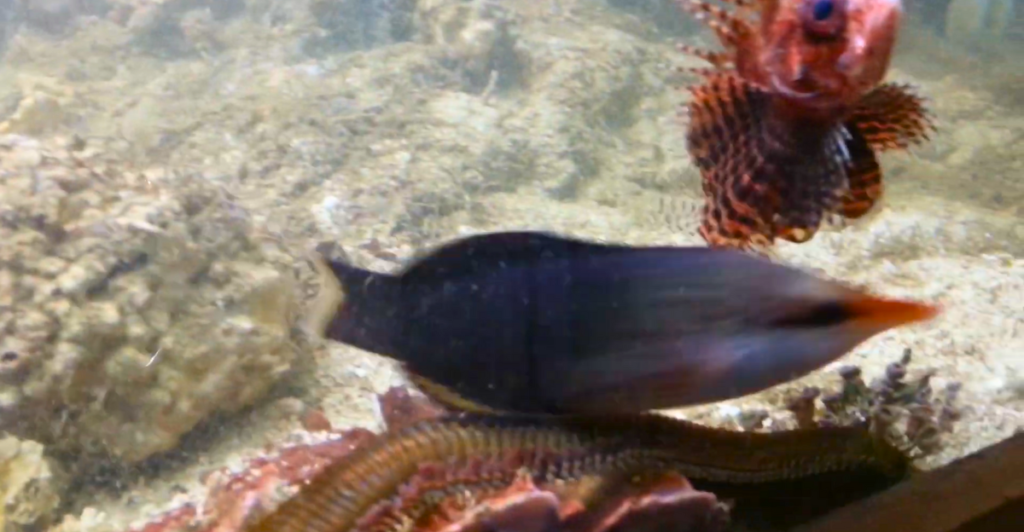
Despite their benefits to the environments, there are potential detriments that come with the bristle worm. They have sharp bristles which they are named for and despite them not going after other marine animals they may share a tank with, they could accidentally harm them.
Hazardous Bristle Worms
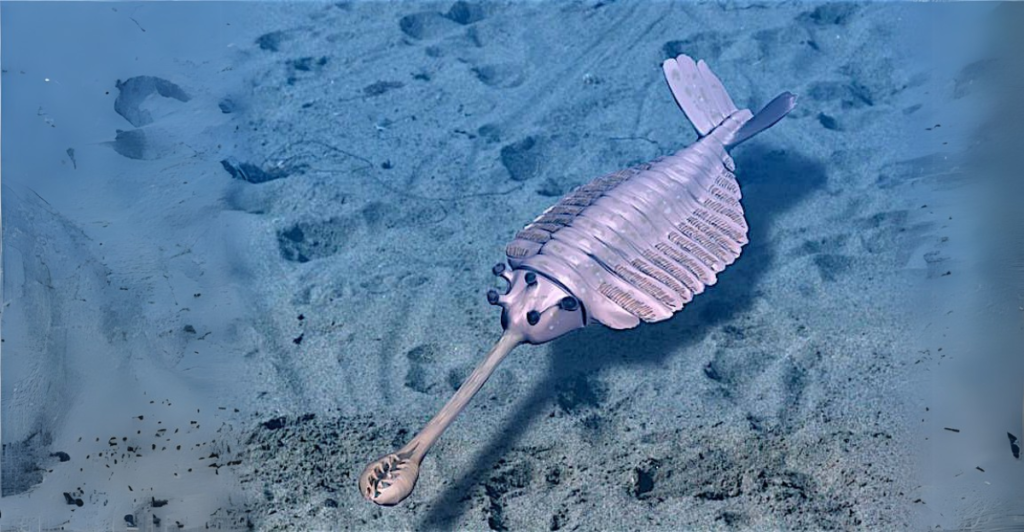
There are different kinds of bristle worms, and while some are fine, others are not. The bearded fireworm is a type of bristle worm that is unmistakable by its striking appearance. Unlike other bristle worms, these are much more dangerous to marine life.
Predatory
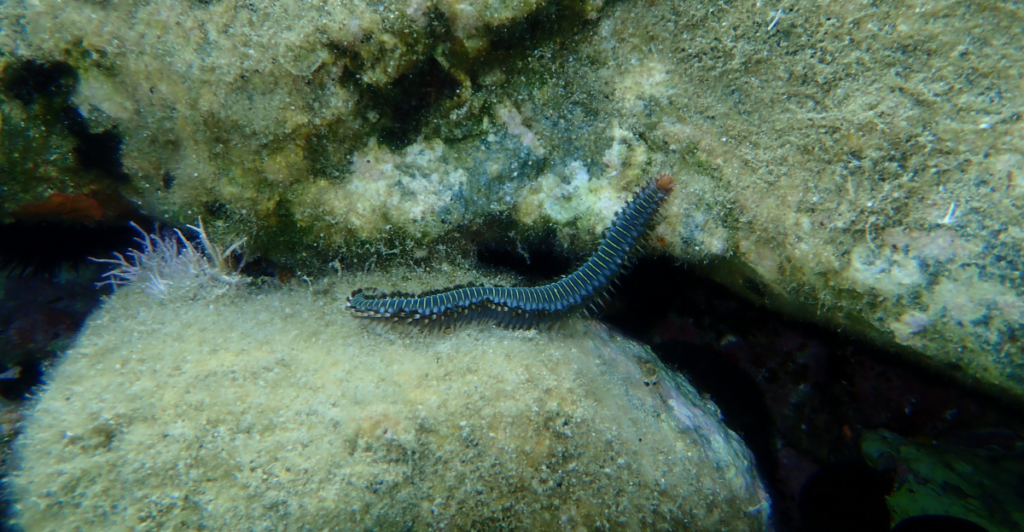
The bearded fireworm is venomous and predatory, meaning that it can hunt any marine life it shares a tank with. Because they are easily identifiable, aquarium owners should immediately extract them safely and carefully.
Monitoring Tank Invaders

While most may leave bristle worms inside of their aquariums for their benefits, it’s always good to ensure that the bristle worm is monitored carefully. If a population of bristle worms establish themselves in an aquarium, it could be detrimental to the other inhabitants.
Controlling Their Size
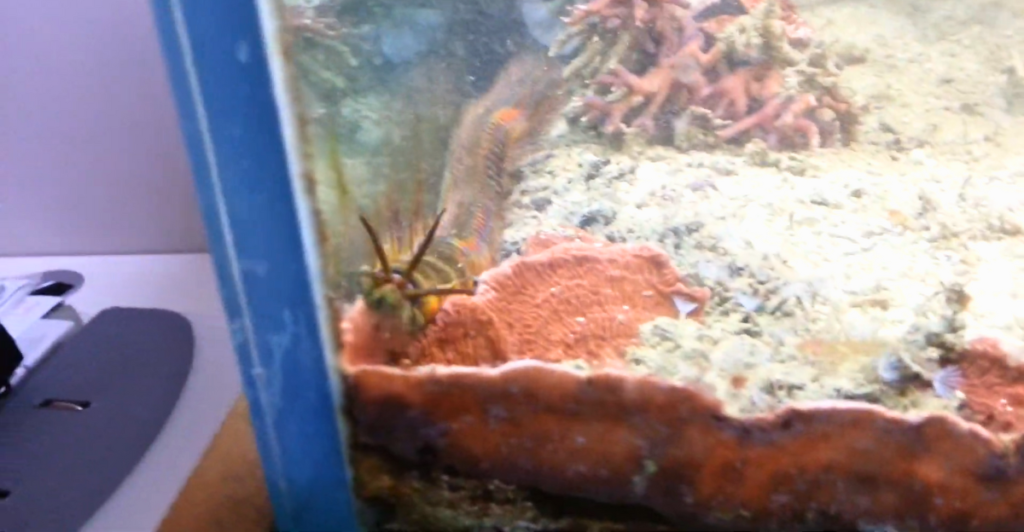
If a bristle worm outgrows the size of its tank, it may be best to upgrade its living space or remove it entirely. The larger the worm, the larger the bristles, and more commonly, accidents can happen.
Removing The Bristle Worm
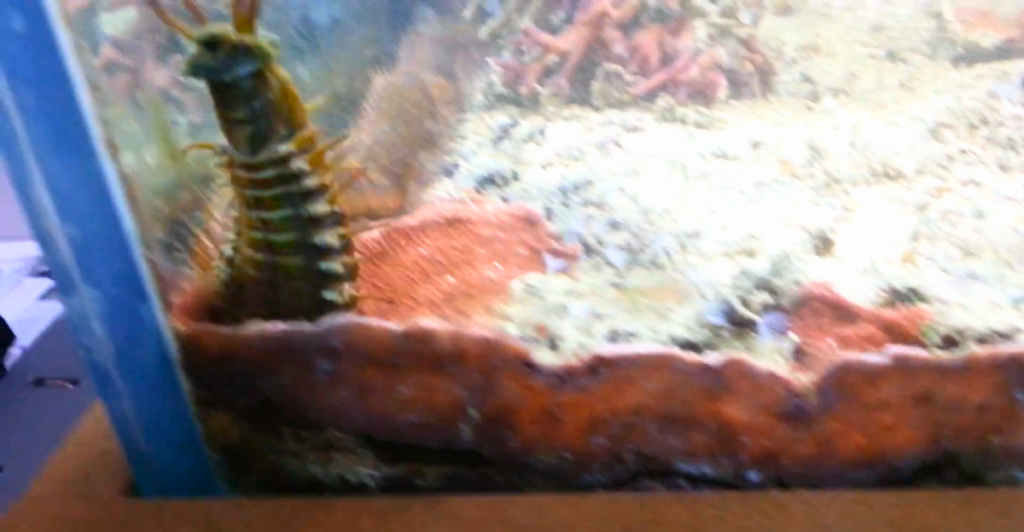
The man in the video was dealing with a four-foot bristle worm, and with the size of its bristles, there was no way for him to remove it as it was. He later drained the tank and only then could safely remove the animal from the tank.
Source:
Guy Had No Idea This Enormous Bristle Worm Was Living in His Fish Tank
Stay connected with us for more stories like this! Follow us to get the latest updates or hit the Follow button at the top of this article, and let us know what you think by leaving your feedback below. We’d love to hear from you!







